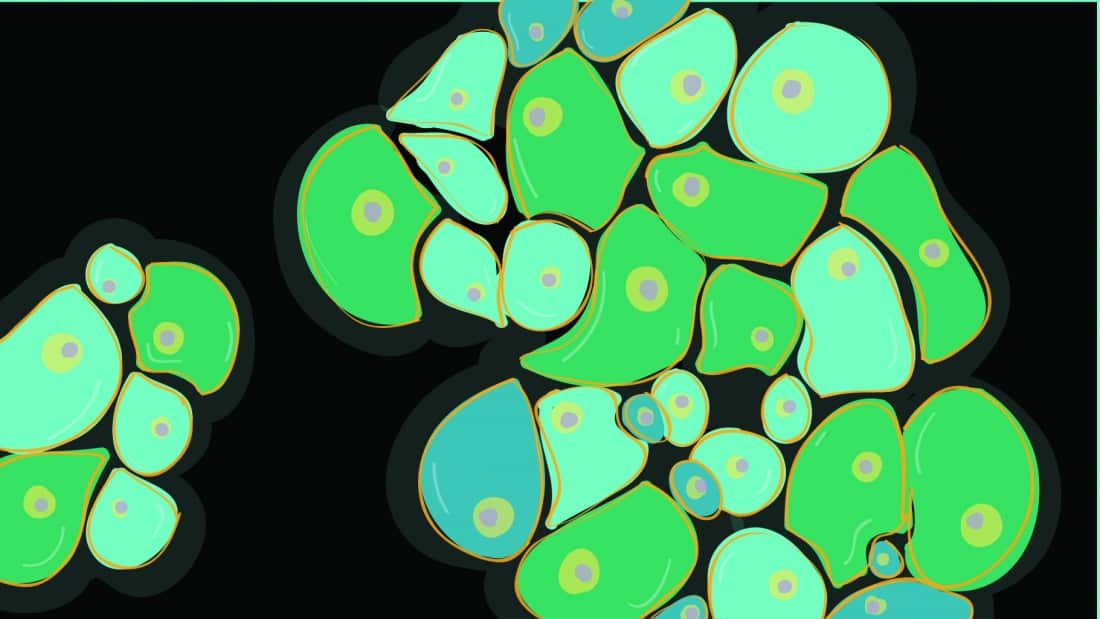
Students might not always have the ability to work first-hand in a research laboratory, let alone make substantial discoveries in their field of study, but Madison Adolph did just that.
Adolph, a final-year PhD student, works under her supervisor, Linda Chelico, a faculty member in the department of microbiology and immunology at the University of Saskatchewan. Adolph started working in Chelico’s laboratory as part of her undergraduate honours thesis research. She continued to work there throughout the summer and into her graduate program.
Adolph explains that the original research question of the project looked at how the host proteins of the cell can restrict HIV. However, after another discovery in the field proved that HIV can cause human genes to malfunction and mutate into cancerous cells, Adolph and Chelico adapted their approach.
“Recently, in the field, it was identified that these mutations also turn up in our own genome, so they are also able to mutate our own DNA, and that can lead to cancer mutation. But, there had never been a mechanism as to why or how, so we wanted to look at how these are actually accessing our own genome,” Adolph said.
In 2012, Adolph was tasked to work with a specific enzyme in the APOBEC3 category, which are the enzymes in cells thought to induce an immunity to viruses. This discovery on how cells mutate has now guided further research into why an attack on the human immune system can result in the abnormal growth of cells, leading to cancer.
Chelico’s objective when first starting her own laboratory was to map out the protein characteristics of the APOBEC3 family. Chelico explains that this increased understanding of how mutations are expressed will help scientists produce cancer inhibitors for preventative measures and enable collaboration between cancer researchers.
“The more perspectives we have about the same problem is a good thing, because it’s easier to come to a solution when we all discuss that together, and we do collaborate and discuss things with the other cancer biologists and cancer researchers here at the U of S. I think … another advantage of this research is that we do have a unique perspective, a unique tool and a unique set of methods,” Chelico said.
Chelico believes that the undergraduate and graduate students who work in her laboratory are invaluable to her research. She encourages those students who want to work over the summer or volunteer for experience to reach out to any researcher within their field of study.
“If you want to get an honours degree in the biomedical sciences, one of the requirements is to do a minature research thesis,” Chelico said. “[Students] decide whether they like research studies or not after that. A lot of them had prior summer experience, [which is] a good way to get to know … about lab life.”
Now, four years later, Adolph believes that the opportunity she had to work in a laboratory as an undergraduate led to her graduate research project and would be a valuable experience for any student. Adolph will be defending her thesis in the spring and then plans to pursue a post-doctoral program in the United States.
“Having undergraduate research on your CV is incredibly useful. I think, … now that [professional schools] are so competitive, they don’t take students who don’t have that kind of experience,” Adolph said. “Even just coming in as a summer student and putting that on your resumé is an invaluable thing to … have going forward, especially in medicine.”
—
Nykole King / News Editor
Graphic: Lesia Karalash / Graphics Editor